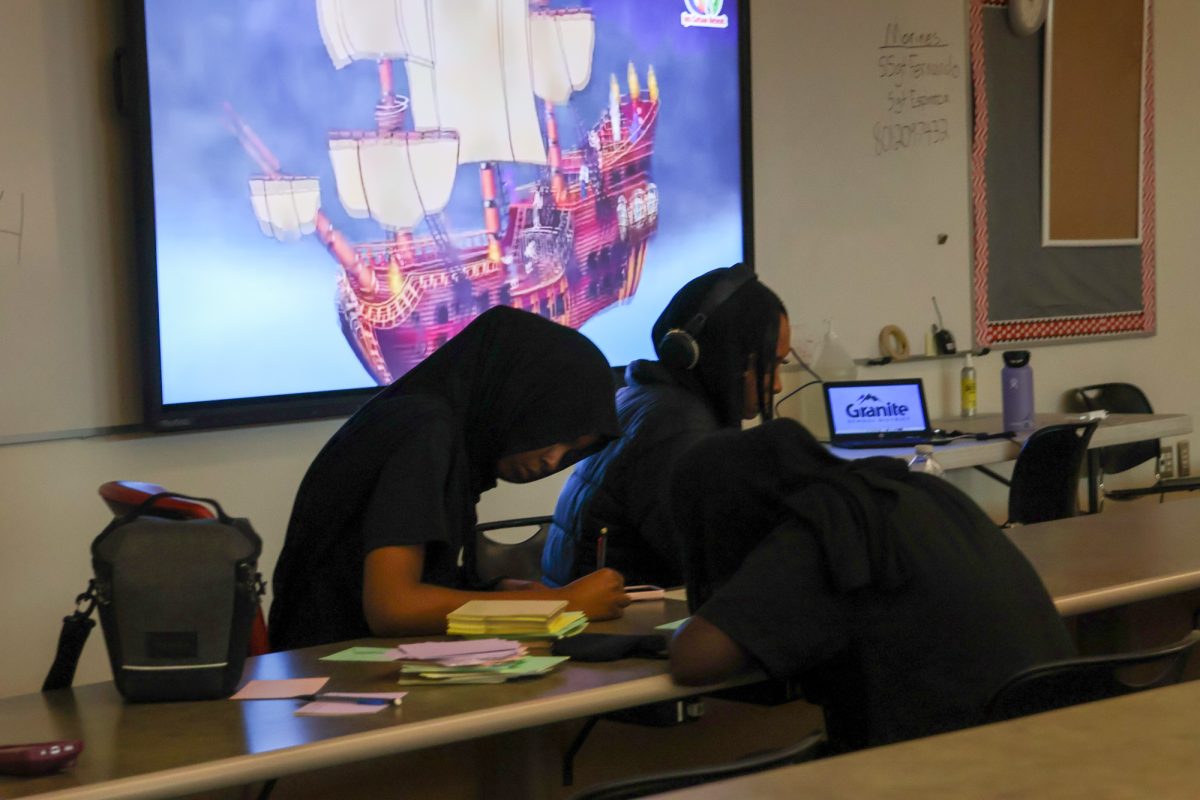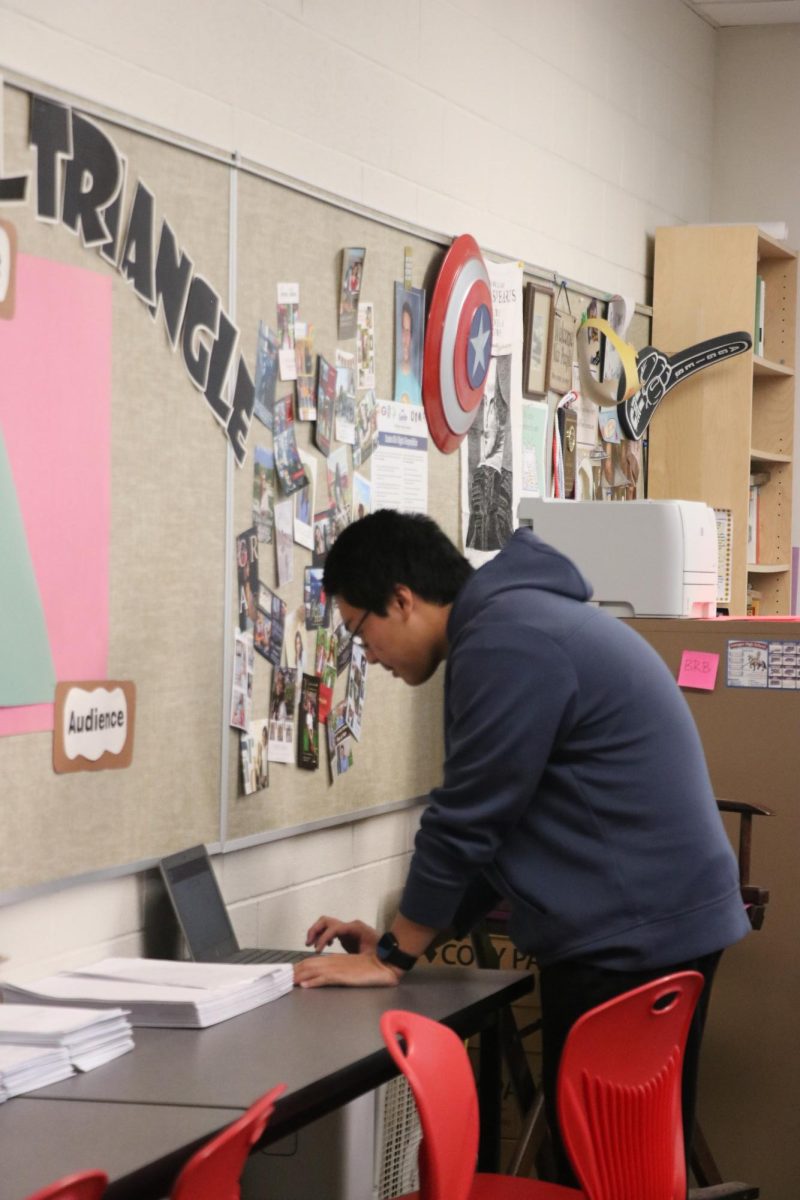DURING the last months of the 2024-2025 school year, Google Services were restricted. These services and apps have been very useful at Granger, but some teachers and students have already started thinking about how to move forward with less reliance on Google.
According to several online articles, including one from the techxplore.com website. Google is reportedly using its education products to collect students’ personal data and monetize the information. This means that students may have been individually identified, and their activity may have been tracked. The collected information would have included sites they visited and text they entered. Obviously, Google has since been sued, and this is why some of their services may now be limited.
Although the lawsuit was filed in California, it has now reached Utah, where some Google services have been restricted. The main services affected include YouTube, Google Earth, Google Maps, and potentially Google Translate. While there is now more security for student information, teachers and students seem a bit skeptical.
Israel Carmona (12), who has not been too affected, knows that something could soon happen. Carmona says he understands why the restrictions were originally put in place, especially to protect students’ privacy, but he believes they are somewhat necessary. “I have this one class, with this one kid, and he can’t speak English. He only uses Google Translate to talk to his teacher, so when it’s taken away, I don’t know what he’ll do,” Carmona said.
Carmona says that it would be a lot easier if the district could keep it, but he understands that now they are unable to offer Google’s services. However, when asked about YouTube going away, Carmona said that it’s alright. “I personally don’t use YouTube a lot, so low–key, I don’t mind it going away,” Carmona said. He does think that with YouTube being restricted, students will be able to focus more on assignments. “I’ve seen kids show up with perfect attendance, but have sucky grades because of YouTube,” Carmona said.
Ms. Green agrees with Carmona on the YouTube restriction. As a teacher, Ms. Green mentioned that she and many of her colleagues will need to put more work into their curricula. She added that she’ll have to prepare and embed videos ahead of time for her classes. The idea of Google Translate becoming unavailable disappoints her, “It would be a bummer, especially for second language speakers,” Ms. Green said.
Ms. Green does have a plan to combat this, and the Granite School District is leaning towards using AI. More specifically, an AI system that is designed for school use, which would hypothetically help with the loss of Google Translate’s services.
Although AI could be the future, Ms. Roberts believes things might take a different direction. She points out that losing these resources isn’t ideal. “We’re asked to use technology in our teaching, but when it’s taken away, it’s a troubling thought,” said Ms. Roberts. When Ms. Roberts found out about AI becoming a larger focus within the academic systems, she was less interested in its use; either way, she recognizes the negative and positive effects.
Granger’s new principal, Dr. Wright has already considered how to handle this situation, having dealt with something similar in the Salt Lake School District, Dr. Wright already has worked with having these resources going away. However, Dr. Wright does seem to support developing a solution that utilizes online resources. Dr. Wright mentioned that Granger might adopt a Utah Education Network-based approach. While his statements lean towards finding an online solution, he also said that the school could use UEN resources alongside school AI to address these challenges. However, only time will tell if the plan works out.




